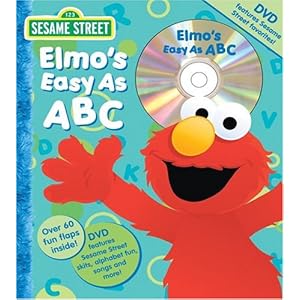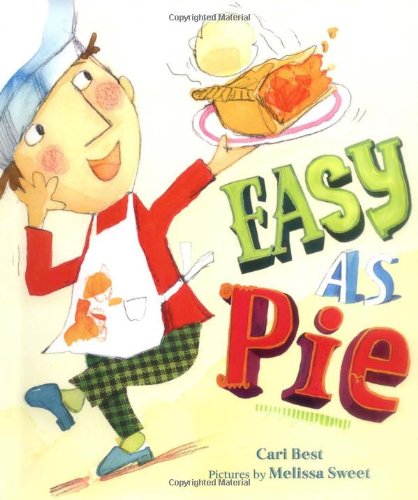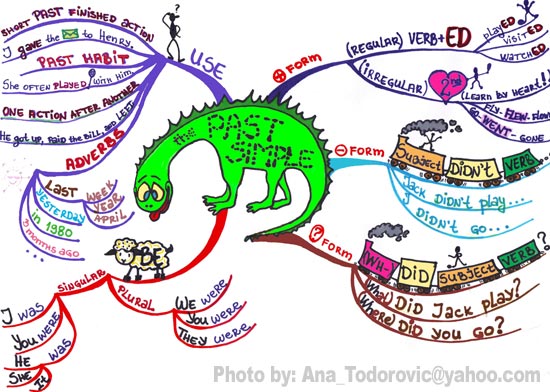Homework: p. 16-17, reading.
Grammar referente p. 138 (adjectives).
25/10/12
La
noche de las lenguas: café de idiomas
europedirectmurcia.blogspot.com.es
weather forecast
forecast /ˈfɔːkɑːst/
weather /ˈweðə/
pattern /ˈpætn/
knowledge /ˈnɒlɪdʒ/
extrovert
/ˈekstrəvɜːt/
disappointed /ˌdɪsəˈpɔɪntɪd/
UK US
adjetivo
decepcionado -a,
desilusionado -a
indeed /ɪnˈdiːd/ UK US
adverbio
1 (para enfatizar)
Thank you very much indeed.
Muchísimas gracias.
"Do you know him?"
"I do indeed."
–¿Le conoces? –Vaya que si
le conozco.
2 (para introducir
información adicional) de hecho
Many of the students, indeed
about 60%, are from overseas.
Muchos de los estudiantes,
de hecho alrededor del 60%, son extranjeros.
3 (para expresar desacuerdo
o desaprobación)
"They said I was too
old." "Too old indeed!"
–Dijeron que yo era
demasiado mayor. –¡Sí, mayorcísimo!
"I got home at 3
a.m." "Did you indeed!"
my luck
sooner than later
you are indeed
do well/bad
DIY /ˌdiː aɪ ˈwaɪ/ UK US sustantivo (= do-it-yourself) BrE
▶
ver do-it-yourself
Quit /kwɪt/ UK US verbo (pasado & participio quit, gerundio
quitting)
1 [transitivo] dejar, abandonar
To quit your job/school etc dejar el trabajo/los estudios etcto quit doing
sth dejar de hacer algo
2 [intransitivo] dimitir, dejar
el trabajo
3
[intransitivo] abandonar,
rendirse
Kind of
HOW COME...
Why did you quit?
How come you quit?
How come you quit?
Why didn't he call us?
How come he didn't call us?
How come he didn't call us?
How come birds fly south in the winter?
Why do birds fly south in the winter?
How come you got invited and I didn't?
Why did you get invited and I didn't?
How come you're so late?
Why are you so late?
How come you didn't call me yesterday?
Why didn't you call me yesterday?
How come you quit?
How come you quit?
How come you look so sad?
30/10/12
fancy dress [uncountable]
British English
clothes that you wear, especially to parties, that
make you look like a famous person, a character from a story etc:
Disguise:
1 [uncountable
and countable] something that you wear to change your appearance and hide who
you are, or the act of wearing this:
2
in disguise
a) wearing
a disguise:
b) made
to seem like something else that is better:
Disguise yourself as...
pass away = die
hold hands
bow /baʊ/ UK US verbo & sustantivo
• verbo
1
[intransitivo] saludar [con una
reverencia], inclinarse [para saludar]
2 to bow your head agachar la cabeza
• sustantivo
1
reverencia
to
take a bow saludar
[un artista al público]
Adjectives ending in “ED” and ”ING”
Some adjectives have the characteristic of ending in
“ed” and “ing”. Let’s
take a look at the rules.
- We use adjectives ending in “ING” to describe something or someone.
Examples:
Maria is watching a very interesting movie.
I hate that teacher. He is really boring.
Maria is watching a very interesting movie.
I hate that teacher. He is really boring.
- We use adjectives ending in “ED” when
we want to describe how people feel.
Examples:
This movie isn’t interesting. I am bored.
Juan is very excited because he is going to travel to Miami for the first time.
This movie isn’t interesting. I am bored.
Juan is very excited because he is going to travel to Miami for the first time.
Conclusions
- We can use adjectives ending in “ing” for things or people. Remember that when we use “ing” it is describing the person or thing.
- We can use the “ed” ONLY for people (or animals) because THINGS CANNOT FEEL.
- We can use adjectives ending in “ing” for things or people. Remember that when we use “ing” it is describing the person or thing.
- We can use the “ed” ONLY for people (or animals) because THINGS CANNOT FEEL.
We can say:
Felipe is boring. (describes his personality).
Felipe is bored. (he feels bored at the moment)
Felipe is boring. (describes his personality).
Felipe is bored. (he feels bored at the moment)
We can’t say:
The TV program is bored – INCORRECT (because things can’t feel).
The TV program is bored – INCORRECT (because things can’t feel).

















